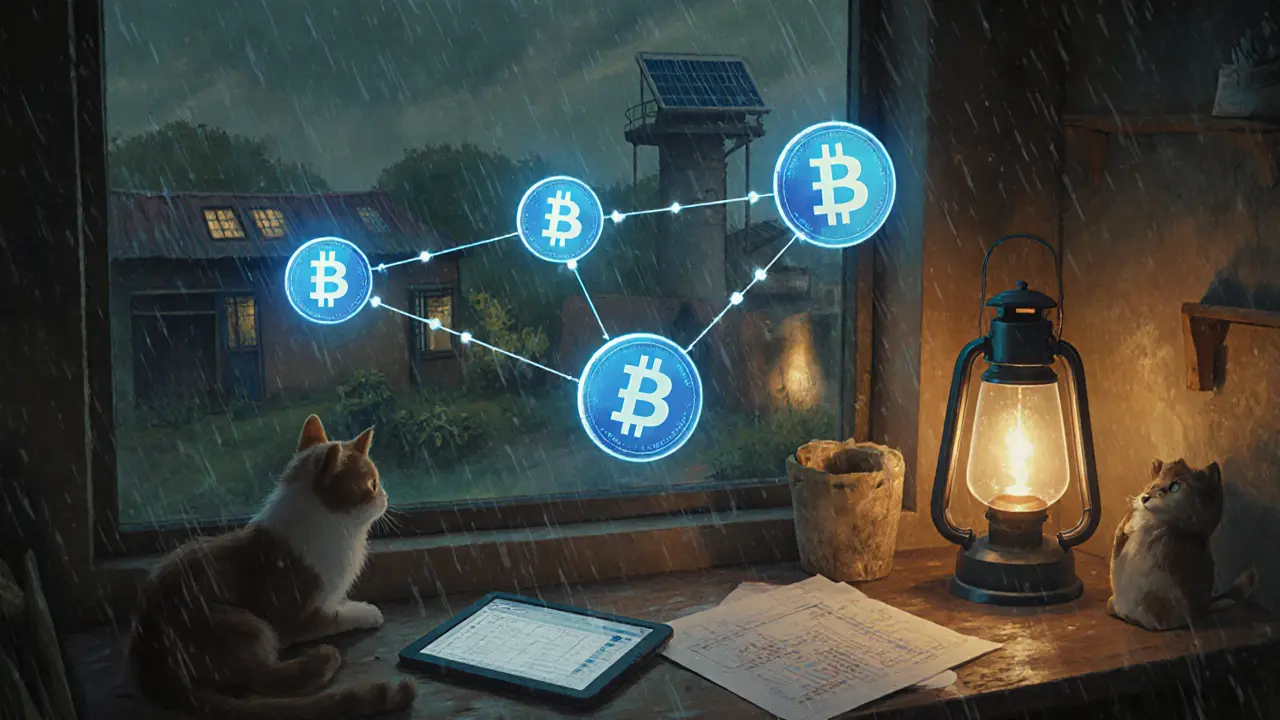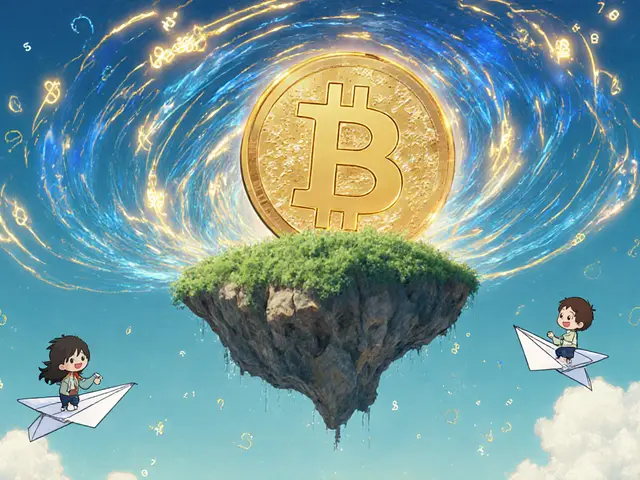Sell Patents on Blockchain: How to Monetize IP with Smart Contracts
When you sell patents on blockchain, you use decentralized ledgers to prove ownership, automate licensing, and transfer rights without intermediaries. Also known as IP tokenization, this turns your invention into a digital asset anyone can buy, trade, or license instantly. No more waiting years for a licensing deal. No more lawyers drafting paper contracts that get lost in filing cabinets. Blockchain makes your patent a tradable token—secure, verifiable, and global.
Behind this are three key pieces: smart contract licensing, self-executing agreements that pay you automatically when someone uses your patent, blockchain patents, digital records stored on public ledgers that prove when you created and filed your invention, and patent monetization, the process of turning legal rights into cash flow through sales, royalties, or licensing. These aren’t theory. Startups in the U.S. and EU are already using them to sell medical device patents to manufacturers in Asia, or license agricultural tech to farms in Brazil—all without a single physical document.
But here’s the catch: most people think blockchain patents mean filing your invention on Ethereum. They don’t. The patent still goes through the USPTO or EPO. Blockchain just adds a time-stamped, tamper-proof layer that proves you owned it before anyone else. That’s what makes buyers trust you. It’s also why platforms like IPwe and PatentBox exist—they help inventors link their official patent numbers to blockchain tokens. You don’t need to be a coder. You just need to know your invention has value, and that someone out there is willing to pay for it.
When you sell a patent on blockchain, you’re not just selling a legal right—you’re selling access. A manufacturer in Vietnam can buy a license to your cooling system patent, pay in crypto, and get instant access to the specs. No negotiations. No delays. The smart contract releases the files and transfers the funds at the same time. And if they use it without paying? The contract flags it. The blockchain records it. You get paid—or you take action.
This isn’t for every inventor. If your patent is still in early development, or if you’re waiting for a big company to come knocking, blockchain won’t help. But if you’ve got a working prototype, a clear use case, and you’re tired of waiting for royalties that never arrive, this changes everything. You control the price. You pick the buyer. You get paid in real time.
Below, you’ll find real stories of inventors who used blockchain to sell patents they thought were worthless. You’ll see how one engineer turned a simple sensor design into $200,000 in sales. You’ll learn why most blockchain patent deals fail—and how to avoid those traps. And you’ll find out which platforms actually work in 2025, and which are just hype with a whitepaper.
Blockchain IP Marketplaces: How Creators Are Selling Patents and Art on Decentralized Platforms
Blockchain IP marketplaces let creators sell patents, music, and art directly using smart contracts and immutable ledgers. No middlemen, no delays - just secure, global transactions.





